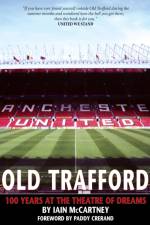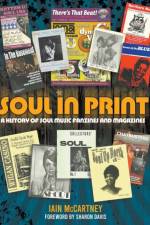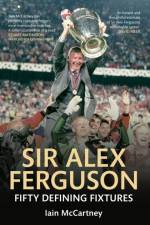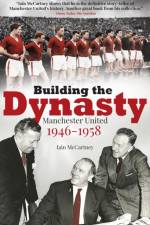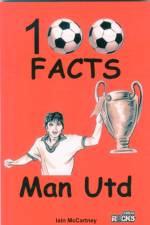- 100 Years of the Theatre of Dreams: 2nd Edition
av Iain McCartney
173
In the past 100 years Old Trafford has hosted World Cup and European Championship matches, FA Cup Finals and a Champions League Final and has witnessed countless United wins, draws and defeats. Yet it endures, above all, as a monument to the vision of the club's founder and first patron John Henry Davies. Recognising football's exponential growth in the 1900s and the need to safely house vast numbers of supporters, Davies recognised that the champions of England and 1909 FA Cup winners needed a more spacious home than tatty old Bank Street, in Clayton, a ground with few facilities and a capacity of less than 25,000. A brewer by trade, the chairman found a spare plot of land in Old Trafford and, bolstered by the club's success, appointed famed football stand architect Archibald Leitch to construct a 100,000 capacity stadium on the site. Built in 1909 and officially opened in February 1910 for the league visit of Liverpool, Old Trafford was instantly acclaimed by one reporter as "the most handsomest [sic], the most spacious and the most remarkable arena I have ever seen. As a football ground it is unrivalled in the world, it is an honour to Manchester and the home of a team who can do wonders when they are so disposed." Unfortunately the stadium arrived at just the wrong time for the club as United were about to begin a 37 year trophy-free run, the longest in the club's history. Consequently, United's average attendance before the war rarely topped the 30,000 mark, in a ground with a capacity of over 70,000. The luckless stadium suffered further blows on the nights of the 8th and 11th March 1941 when it was bombed during The Blitz. And so for four seasons after the war United were forced to play their 'home' fixtures at Maine Road. Now in its second 'life' Old Trafford was no longer alone as a large capacity stadium, yet United's resurgence under Matt Busby filled it more often than not. The arrival of floodlights and European football heralded a new chapter: the stadium is widely regarded as at its best on such occasions and from the first game against the immortals of Real Madrid in 1957 the ground hosted continental opposition and became renowned across Europe. In the sixties the ground had a new cantilever stand added to the west in preparation for the 1966 World Cup Finals and, later, more seats were added at the Scoreboard End and behind the Stretford End. However these improvements were as nothing compared to the dramatic changes brought about in the wake of the Taylor Report. The birth of the Premier League and United's domestic dominance helped transform the ground - first into an all-seater stadium, then steady season-by-season growth saw it swell to hold over 75,000. For a period during the protracted construction of Wembley, the ground even became the national stadium hosting twelve England matches. In 'Old Trafford' Iain McCartney updates his original 1996 book. Featuring the original site plans, never-seen-before pictures of the ground's construction, development and, of course, the great matches hosted there. Almost alone now among the grounds built during the first football boom in the early 20th century, Old Trafford has become an essential part of the English football landscape to the extent that it is inconceivable that any future World Cup bid would not feature it prominently. A century on, it is still 'an honour to Manchester', and the north's prime football arena.

